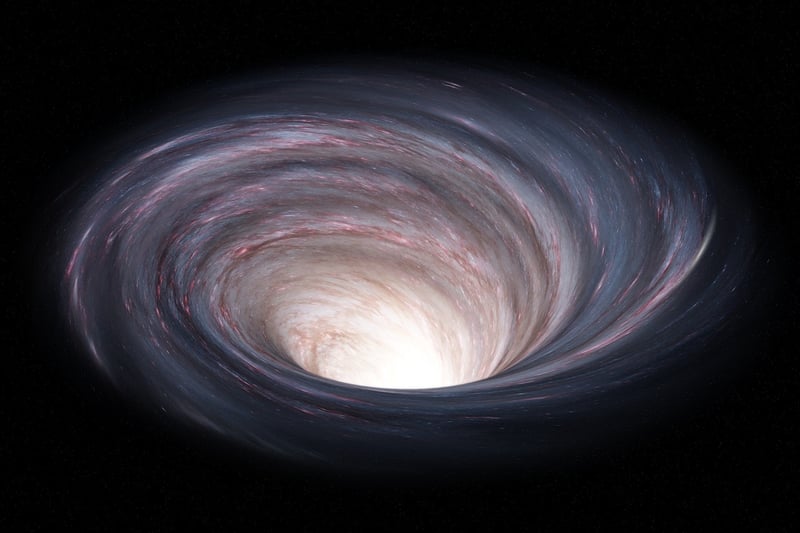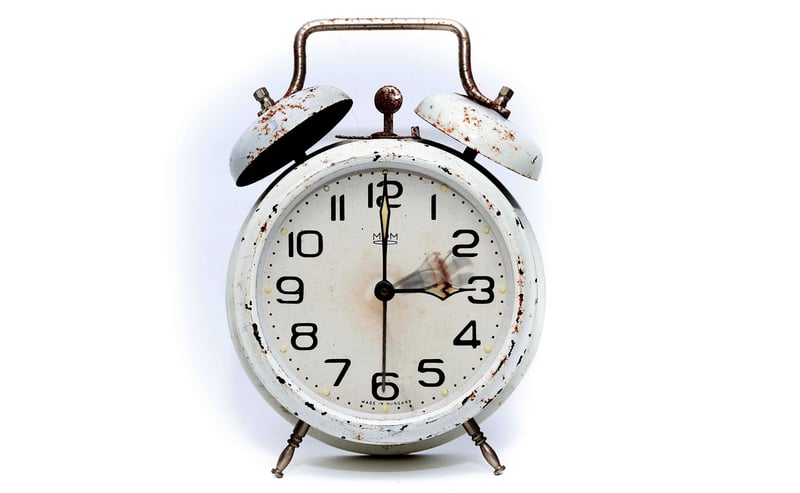Paradoxical Events
Exploring Temporal Anomalies and Paradoxical Events
Time travel, alternate realities, and paradoxes have long captured the imagination of both scientists and science fiction enthusiasts. The concept of temporal anomalies and paradoxical events delves into the complex and intriguing world of time manipulation and its potential consequences.
Understanding Temporal Anomalies
Temporal anomalies refer to deviations or disruptions in the normal flow of time. These anomalies can manifest in various ways, such as time loops, time dilation, or time jumps. While purely theoretical in nature, the study of temporal anomalies plays a crucial role in understanding the fabric of spacetime and its possible intricacies.
Types of Temporal Anomalies:
- Time Loops: Events that repeat themselves in a cyclical manner.
- Time Dilation: Variations in the passage of time relative to different observers.
- Time Jumps: Sudden shifts in chronological order or time travel to different eras.

Exploring Paradoxical Events
Paradoxical events occur when the laws of causality are violated, leading to contradictions or impossibilities. The most famous paradox is the grandfather paradox, where a time traveler could potentially prevent their own existence by altering the past.
Famous Paradoxes:
- Grandfather Paradox
- Bootstrap Paradox
- Predestination Paradox

Theoretical Implications
While temporal anomalies and paradoxes are largely speculative, they raise fascinating questions about the nature of time, causality, and the universe. These concepts challenge our understanding of physics and philosophy, pushing the boundaries of human knowledge and imagination.
Whether viewed through the lens of science or fiction, exploring temporal anomalies and paradoxical events invites us to ponder the mysteries of time and the intricacies of the universe.
